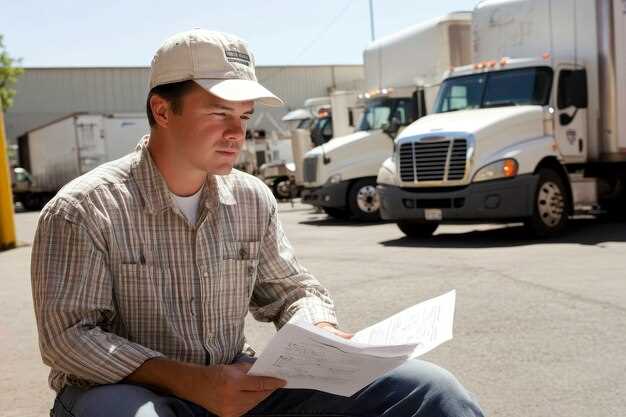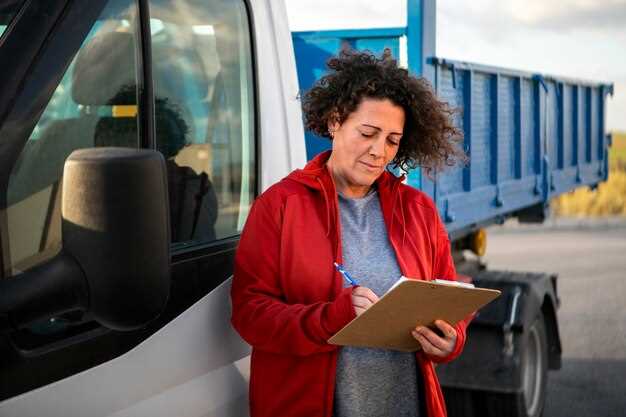
When it comes to transporting large trailers, navigating the complex landscape of permits is crucial for ensuring compliance with local, state, and federal regulations. Permits serve as essential legal documents that allow operators to transport oversized loads safely and legally, minimizing risks associated with road use, infrastructure damage, and public safety.
Each jurisdiction has specific requirements regarding permits, which can vary significantly based on the size and weight of the trailer, as well as the routes taken during transportation. For example, certain states may require a special permit for loads exceeding a specific height, width, or weight, while others might impose additional restrictions based on seasonal road conditions or bridge limitations.
Understanding the different types of permits required for large trailer transportation is vital for logistics planning. Failure to obtain the necessary documentation can lead to costly fines, delays, and even damage to the trailer or surrounding infrastructure. Therefore, it is essential for operators to familiarize themselves with the permit application process and stay updated on any changes in local regulations that may affect their transportation plans.
Understanding State-Specific Regulations for Oversized Loads

Transporting oversized loads requires compliance with specific regulations that can vary significantly from state to state. Each jurisdiction has its own set of rules governing the transport of large trailers, which includes mandates concerning weight limits, dimensions, and routes.
Before embarking on a journey with an oversized load, it is crucial to research the regulations of each state your route will traverse. This often involves obtaining the necessary permits, which are typically issued by state transportation agencies or departments of motor vehicles. These permits serve as official authorization, delineating allowed travel times, designated routes, and any required escort vehicles.
Some states enforce stricter regulations than others, which may include additional fees or specific operational guidelines. For example, certain states require route surveys to identify potential obstacles such as low bridges or narrow roads, which necessitate planning in advance. Additionally, some jurisdictions may only permit travel during daylight hours or may have seasonal restrictions influenced by weather conditions.
It is advisable to work with a transportation company experienced in handling oversized loads, as they can navigate the complexities of obtaining permits and ensure compliance with all applicable regulations. Staying informed about changes to local laws will also help mitigate risks associated with delays or fines during transport.
Documentation Required for Securing Transportation Permits
Transporting oversized trailers involves adhering to specific regulations and obtaining the necessary permits to ensure compliance with local and state laws. To secure transportation permits, the following documentation is typically required:
1. Application Form: Complete a standardized application form specific to oversized vehicle transportation. This form often requires details about the load dimensions, weight, and routes intended for travel.
2. Route Survey: A route survey must be conducted to assess the proposed travel path. This documentation includes details on road conditions, bridge limitations, and any potential obstructions that could affect the safe transit of the oversized load.
3. Proof of Insurance: Secure proof of insurance that covers any potential damages or liabilities during transportation. This documentation not only protects the transport company but also satisfies regulatory requirements.
4. Vehicle Specifications: Provide technical specifications of the hauling vehicle and the oversized trailer, including weight distribution, axles, and braking systems. This information helps authorities determine safety measures tailored to the specific transport.
5. Permits from State Authorities: Obtain necessary permits from local and state transportation departments. Each jurisdiction may have different requirements; thus, it’s essential to check specific regulations for each area crossed during transport.
6. Signage and Escort Requirements: Depending on the size of the load, permits may require the use of oversized load signs and escort vehicles. Documentation may include proof of arrangements for escort vehicles if mandated by law.
7. Compliance with Local Ordinances: Verify compliance with any local ordinances or special considerations that may apply to traveling through populated areas or municipalities.
Ensuring that all necessary documentation is accurately prepared and submitted will facilitate a smoother process in securing transportation permits for oversized trailers, ultimately promoting safety and compliance throughout the journey.
Common Challenges When Transporting Oversized Trailers and How to Navigate Them

Transporting oversized trailers presents a variety of challenges that can complicate logistics and increase costs. One common issue is the need for special permits. Many jurisdictions require specific permits for oversized loads, and obtaining these can be time-consuming and requires adherence to local regulations.
Another challenge is navigating through diverse road conditions. Oversized trailers may not fit on standard roadways or under low bridges, making route planning essential. Utilizing GPS services designed for oversized transportation can help identify suitable paths and avoid potential obstacles.
Safety concerns also play a significant role in transporting oversized trailers. The larger dimensions can affect the handling and braking of the vehicle, increasing the risk of accidents. Ensuring that all drivers are trained in handling oversized loads is crucial for avoiding mishaps on the road.
Weather can further complicate transportation. High winds, rain, or snow can impact visibility and handling capabilities. Monitoring weather forecasts and planning routes that prioritize safety can help mitigate these risks.
Lastly, communication with law enforcement and local authorities is vital. Informing them about the transport can facilitate smoother travel and reduce the likelihood of fines or delays. Building relationships with local agencies can streamline this process for future transports.





